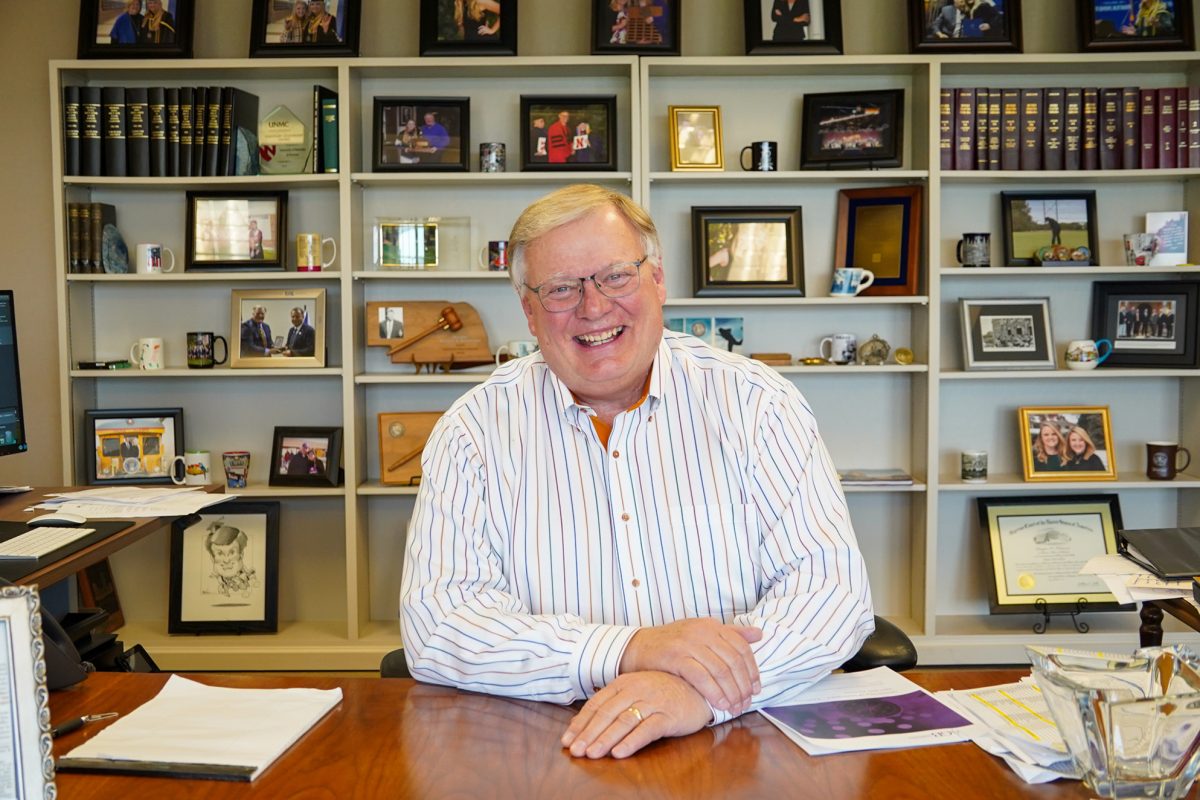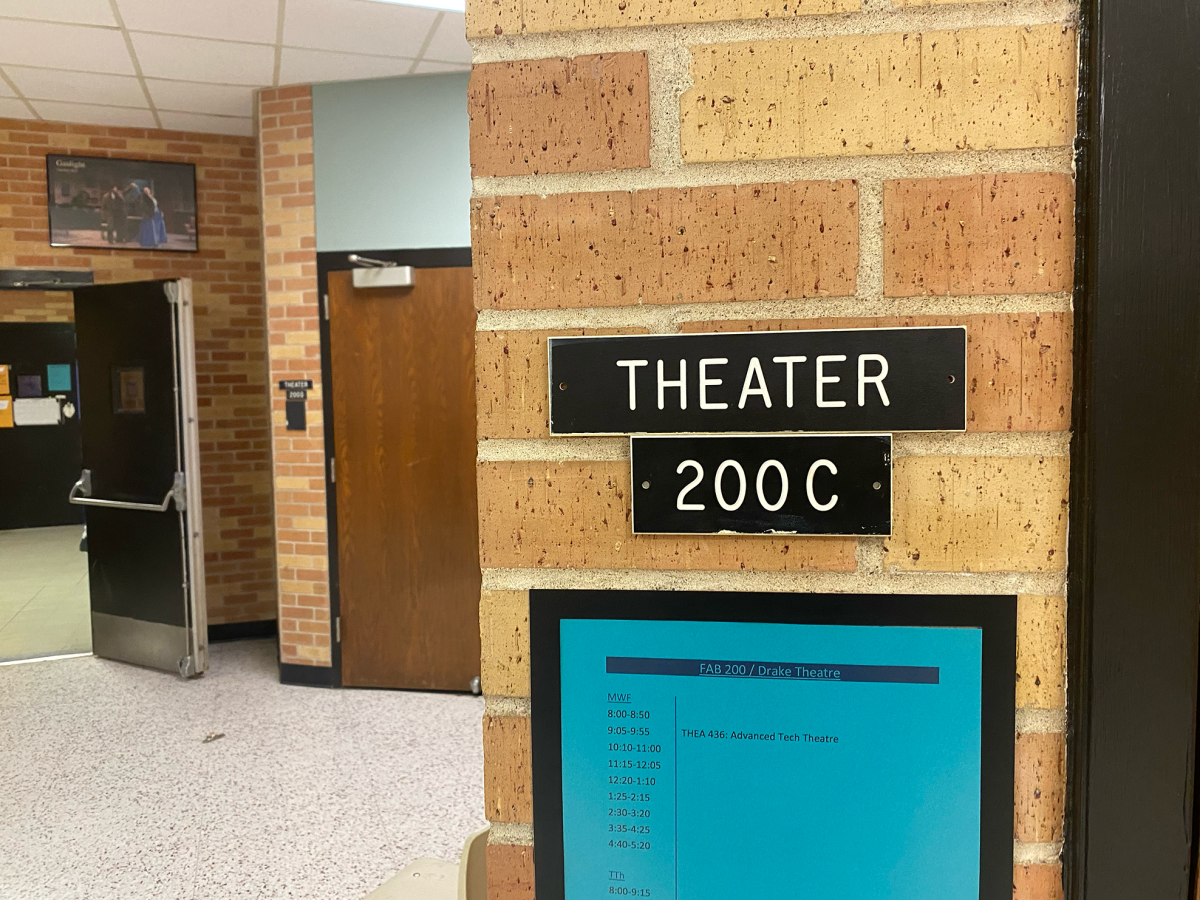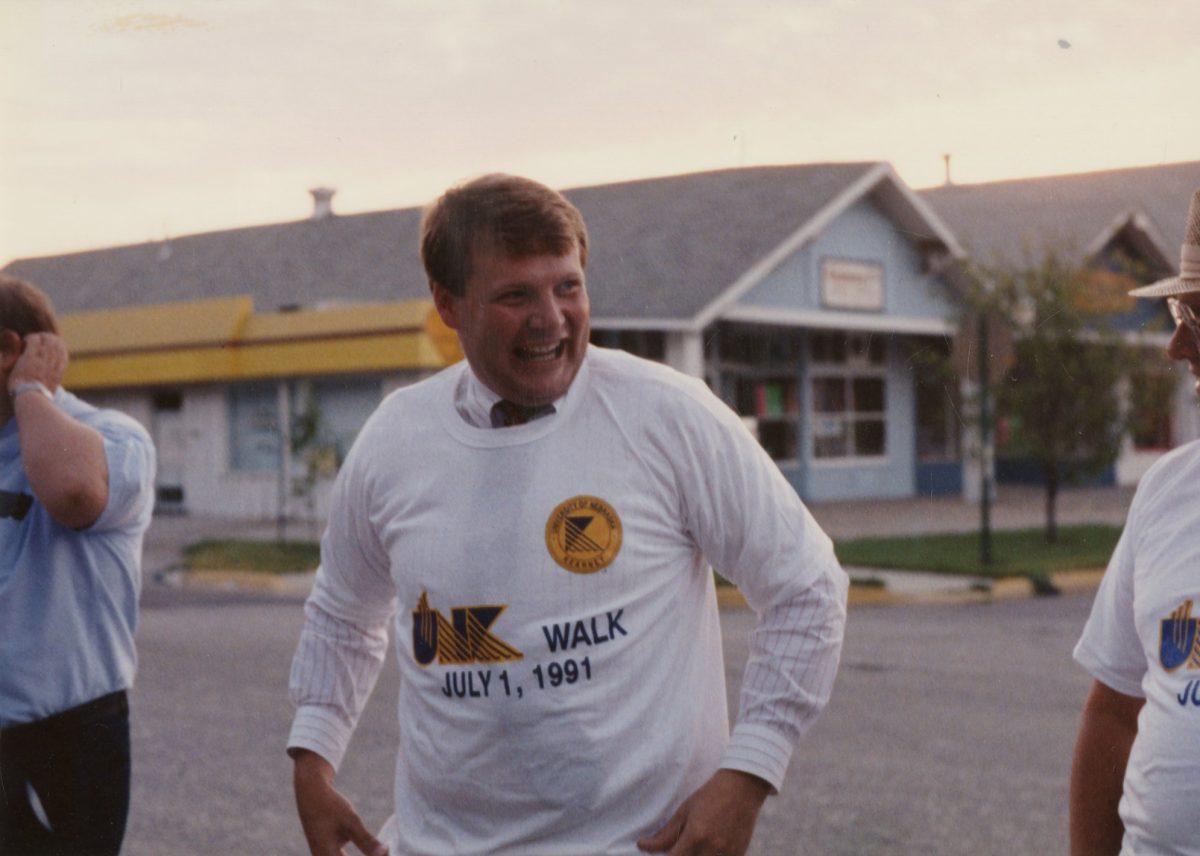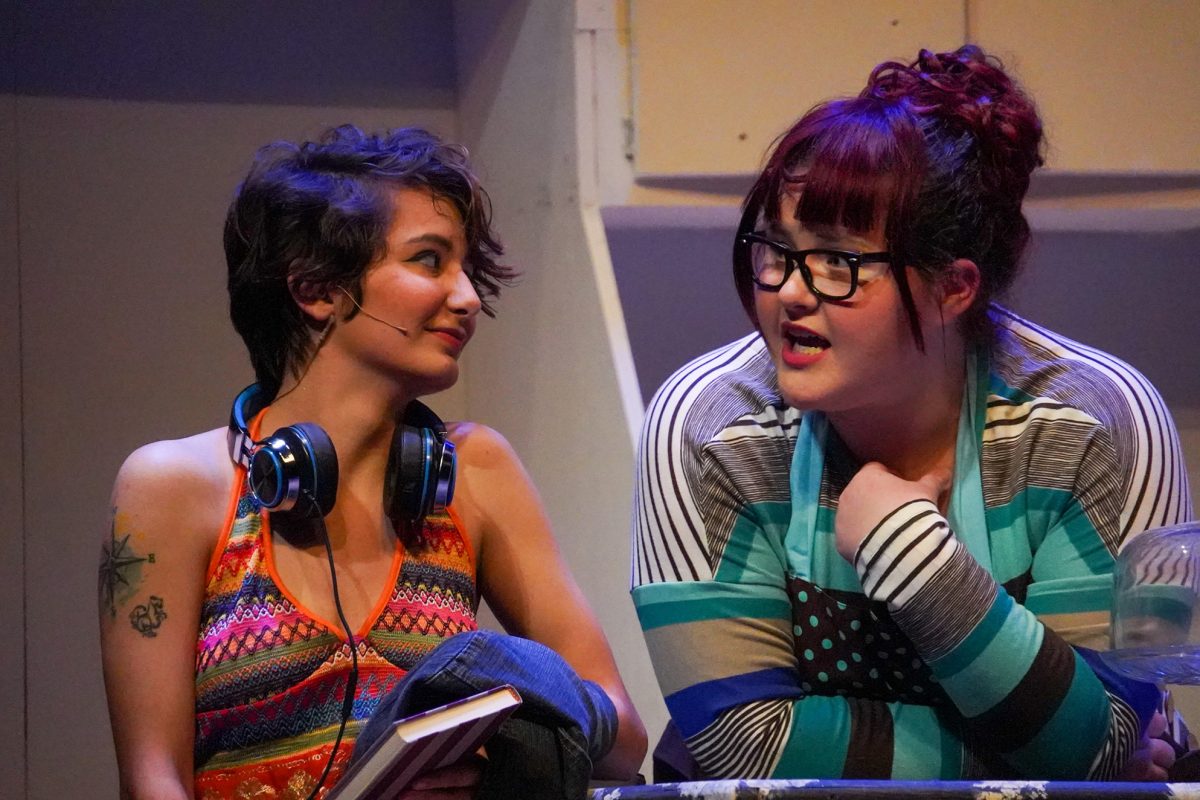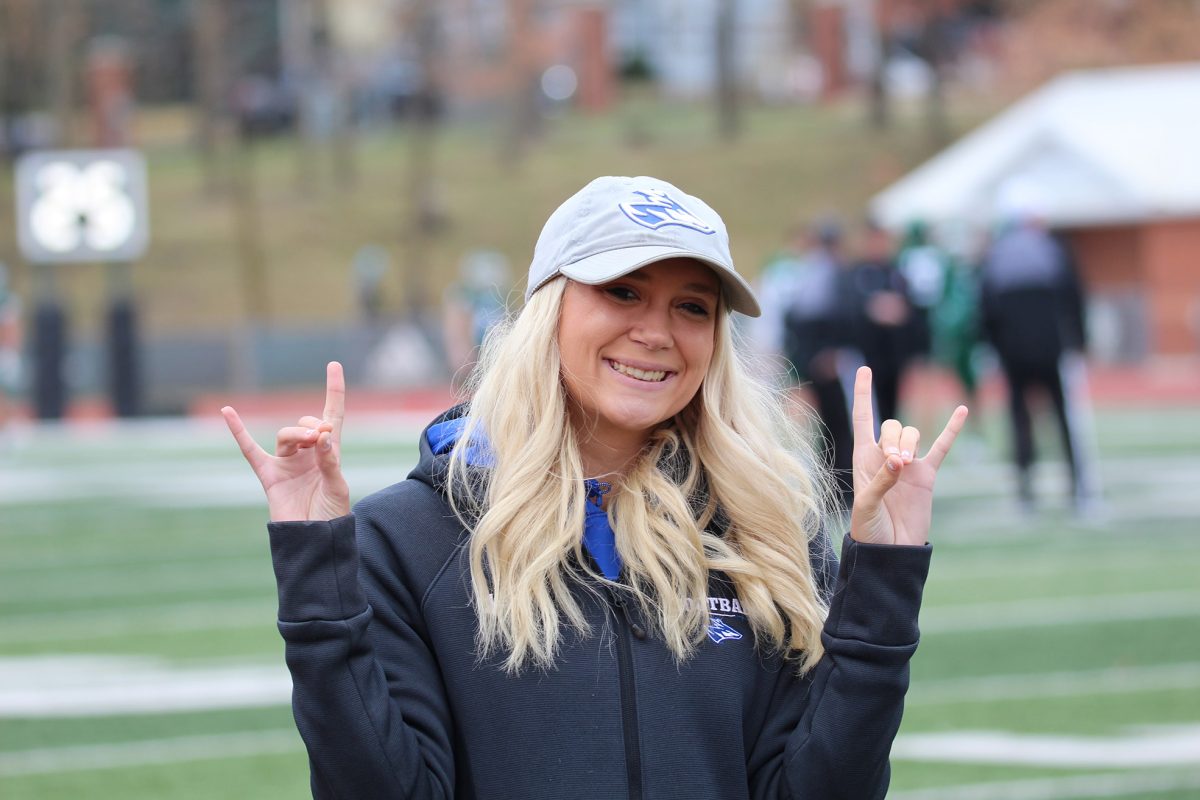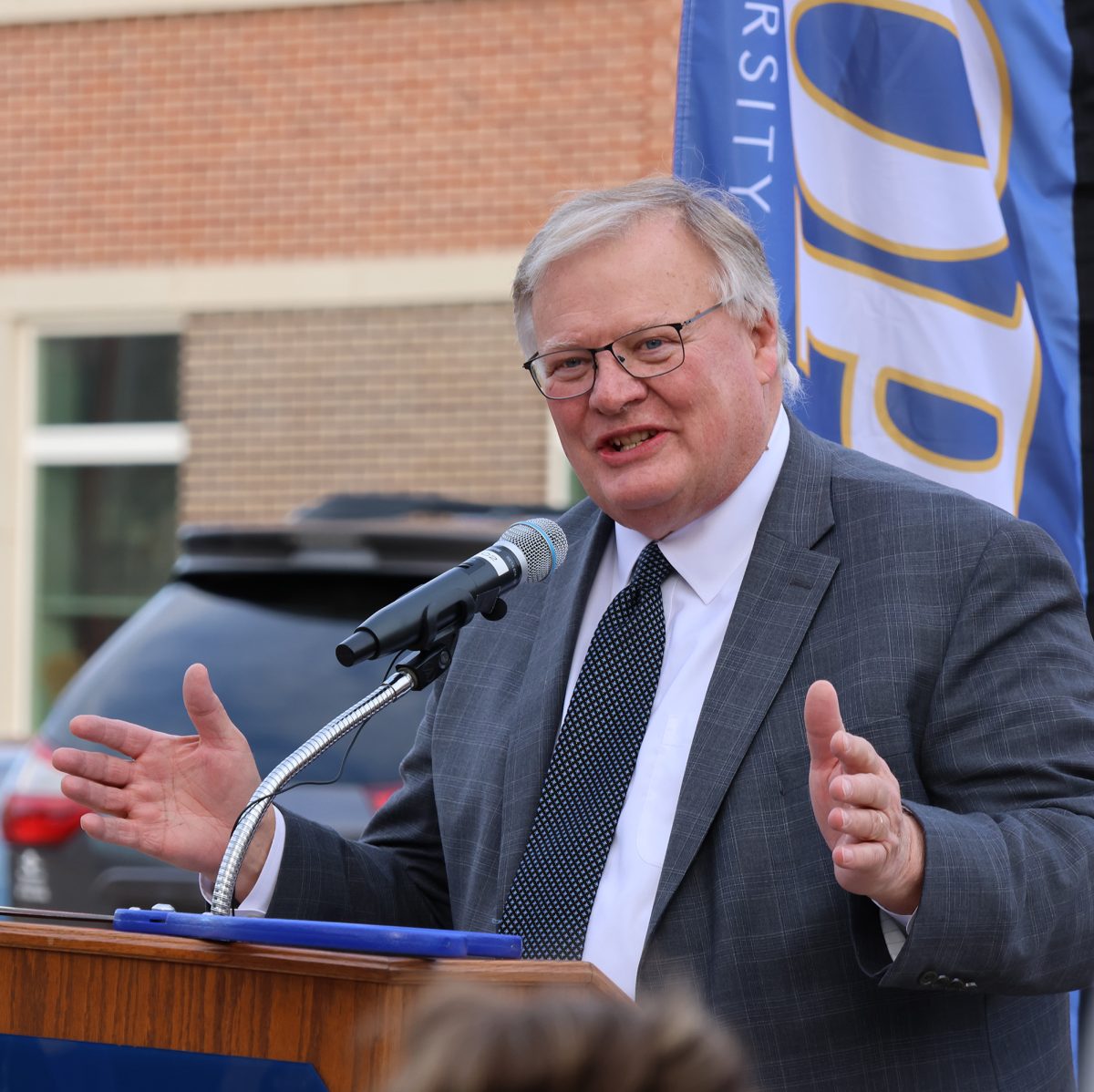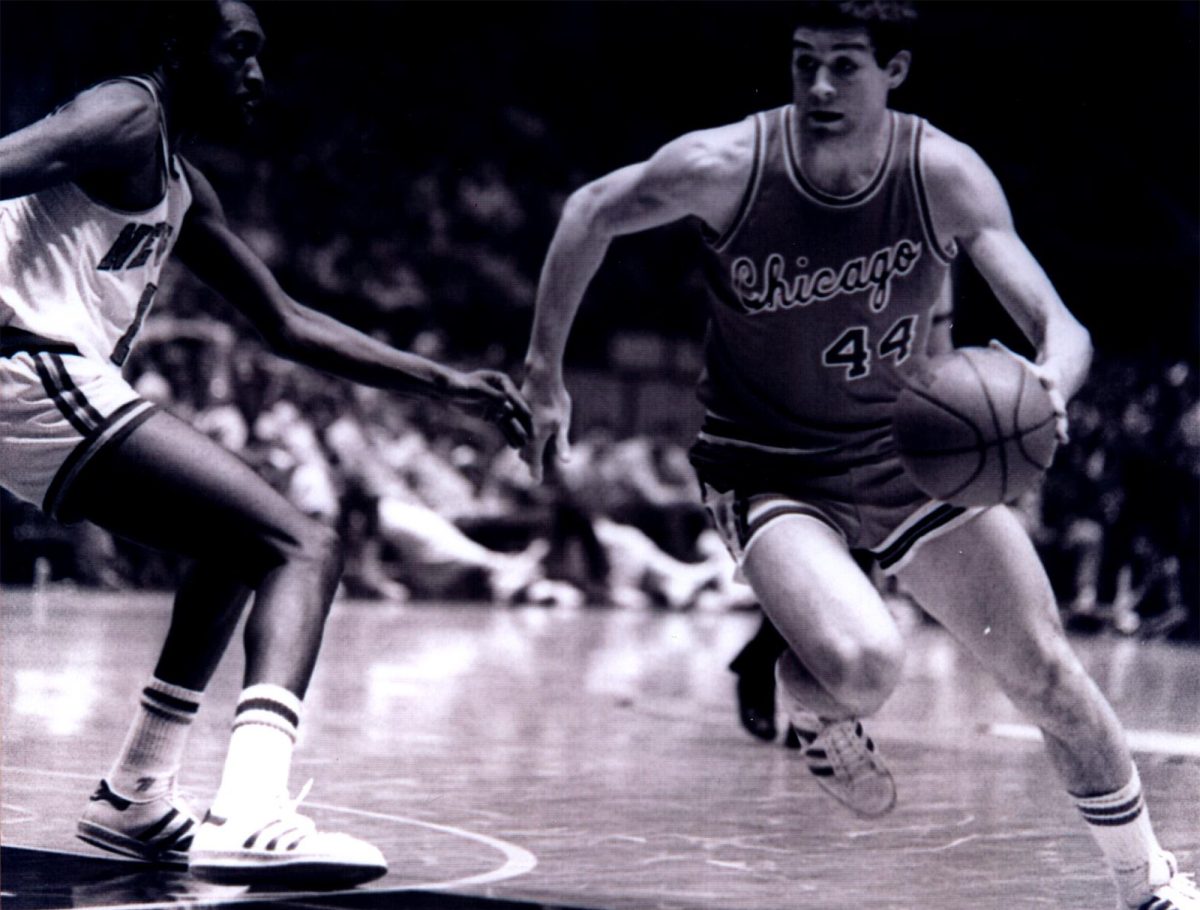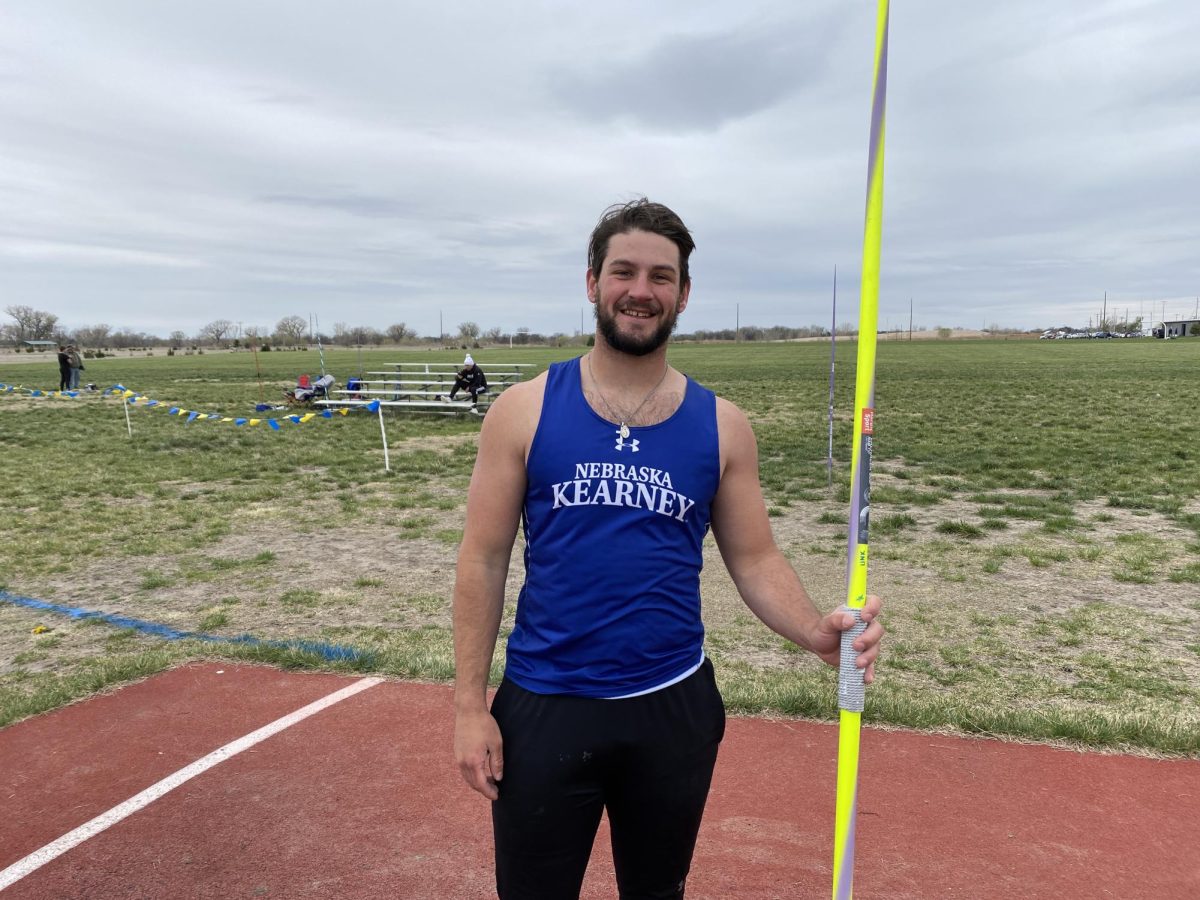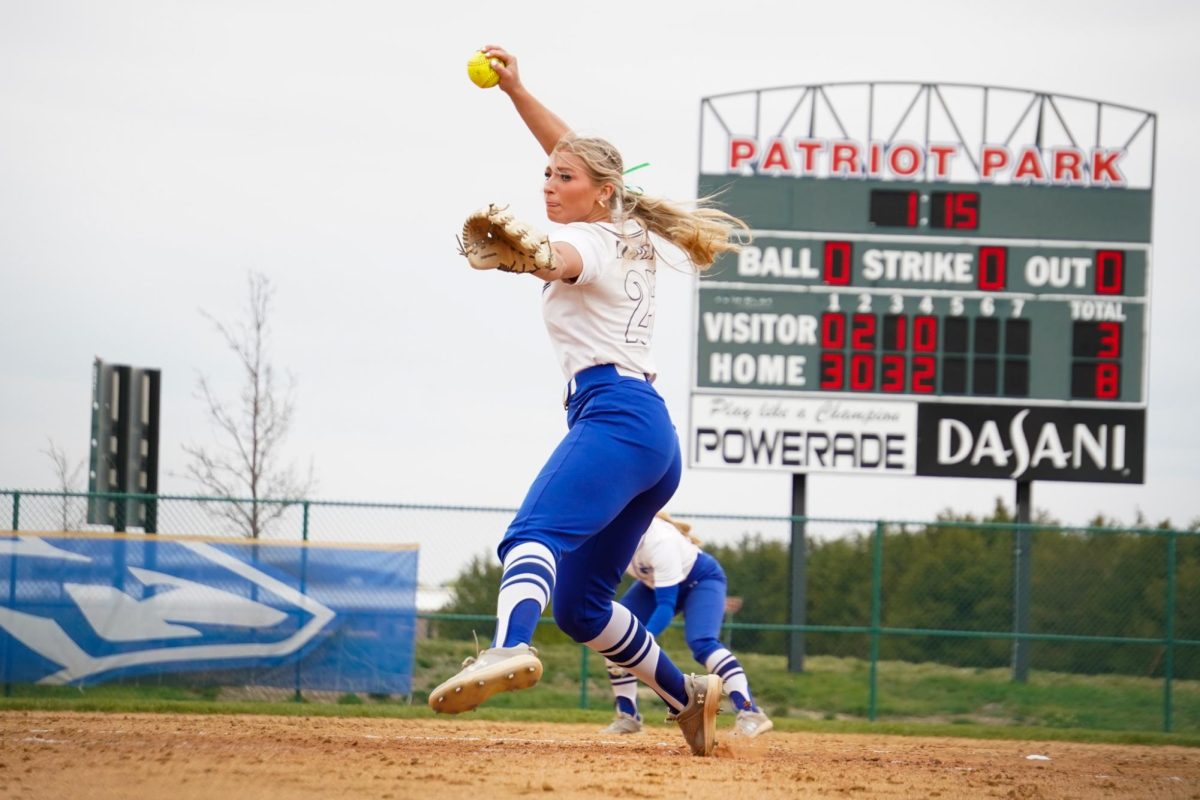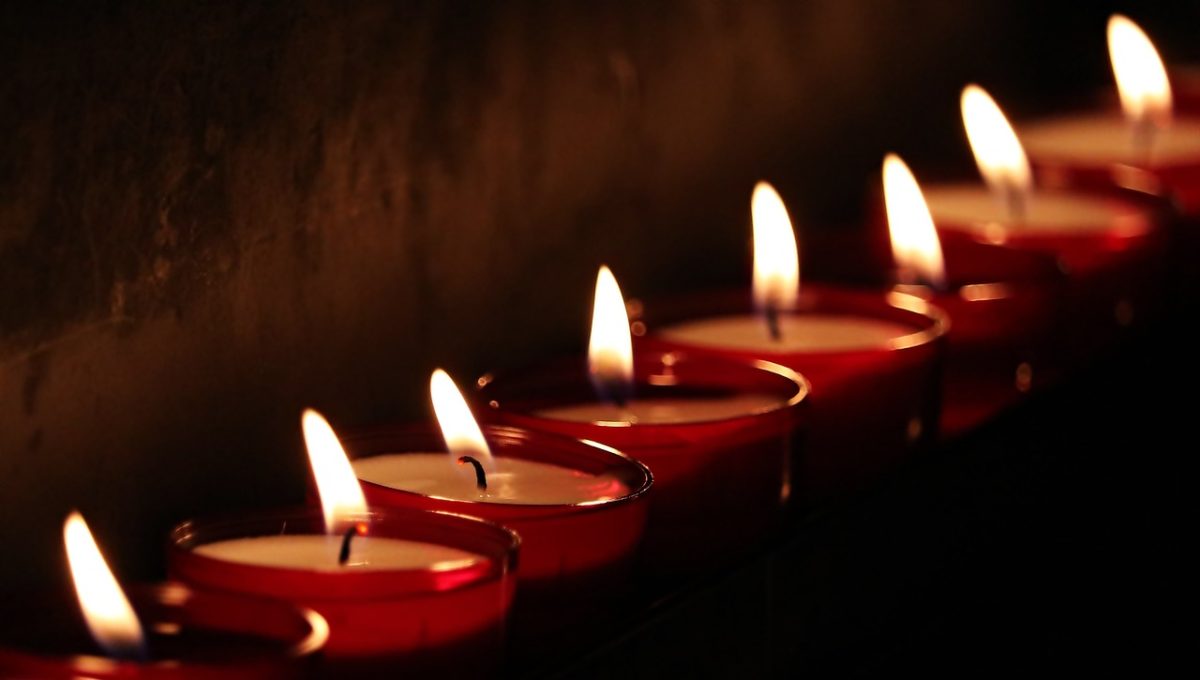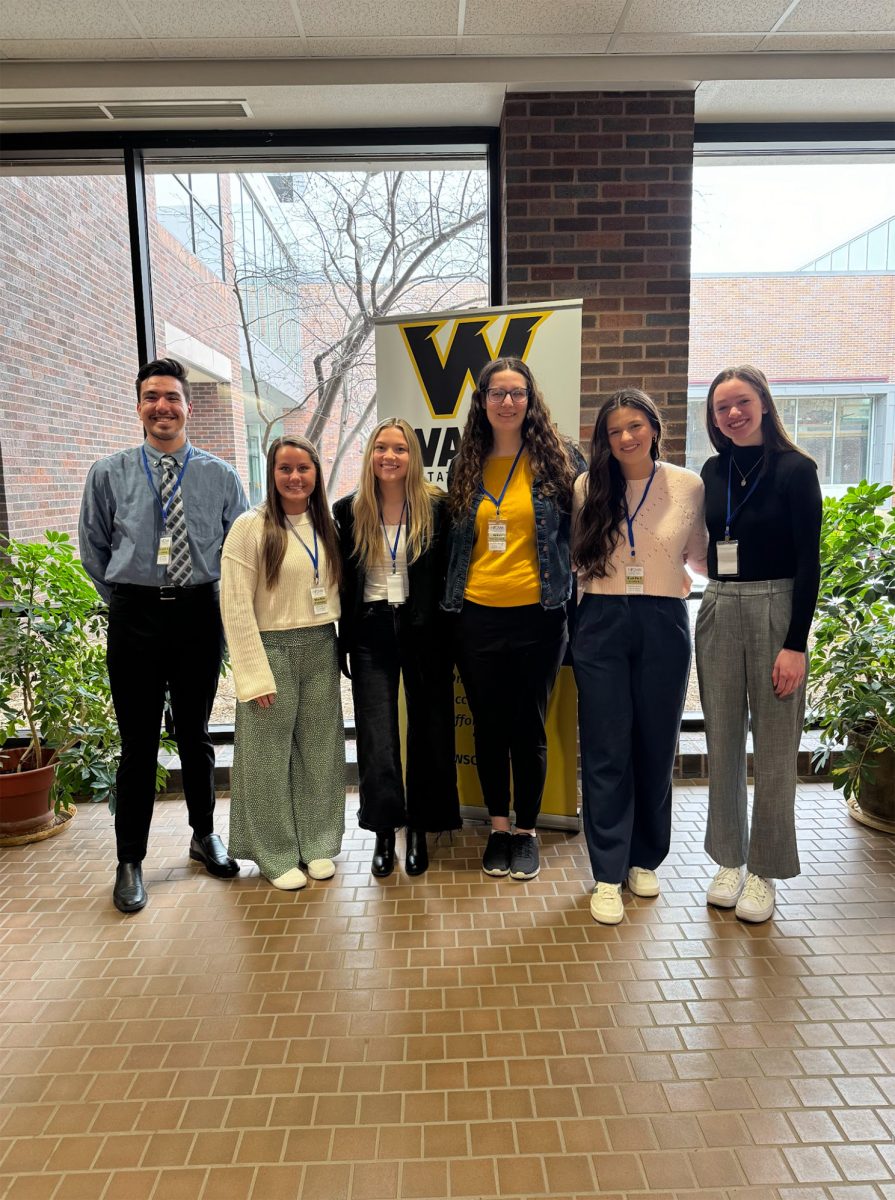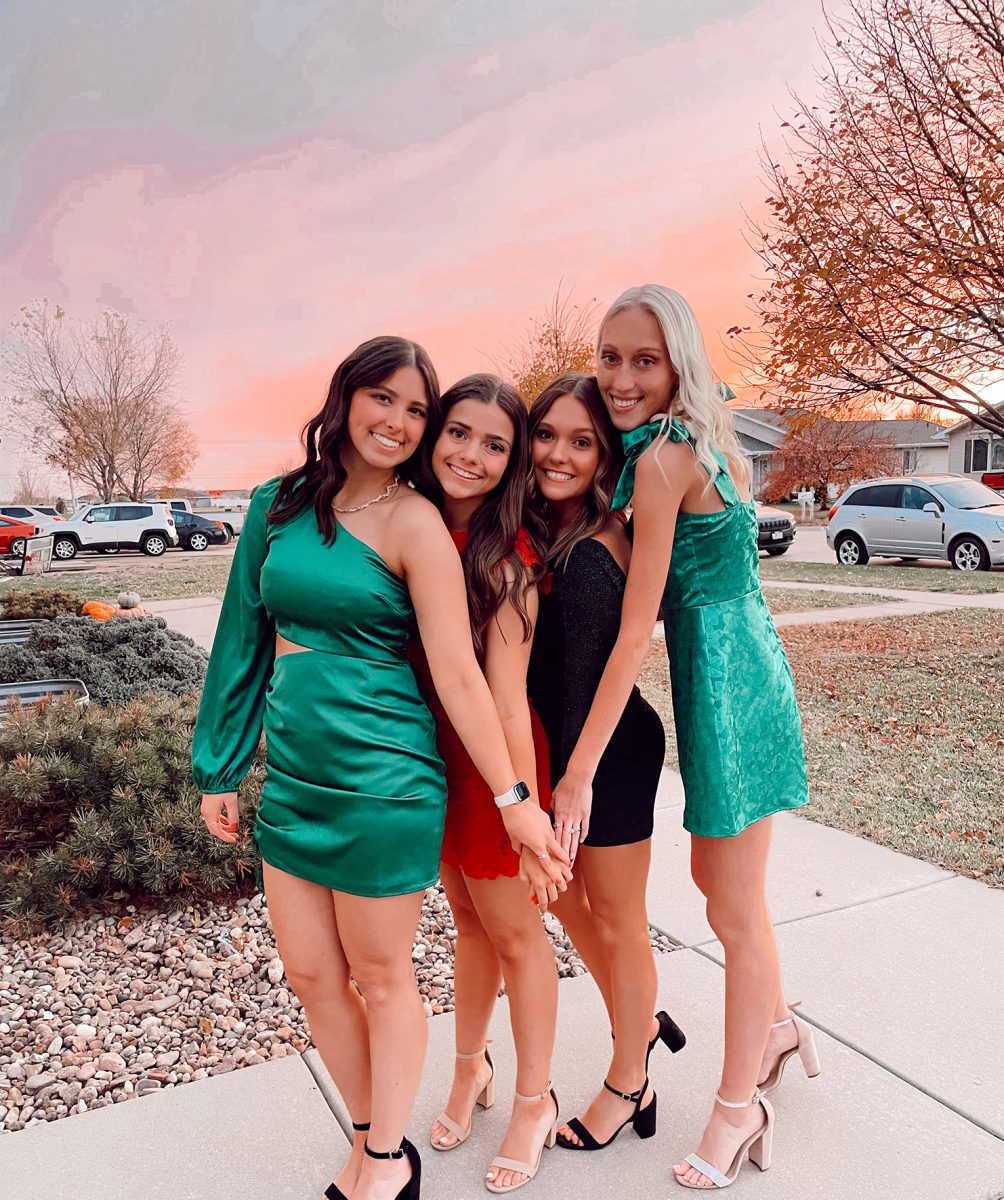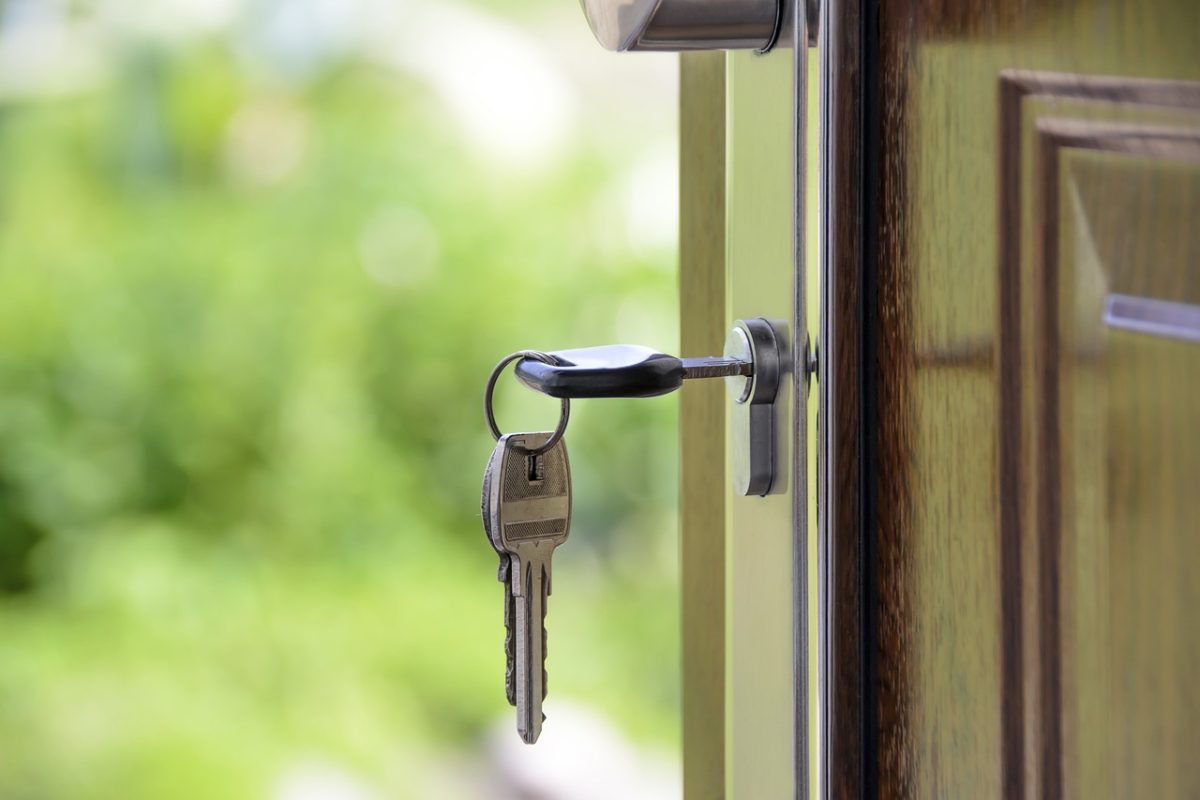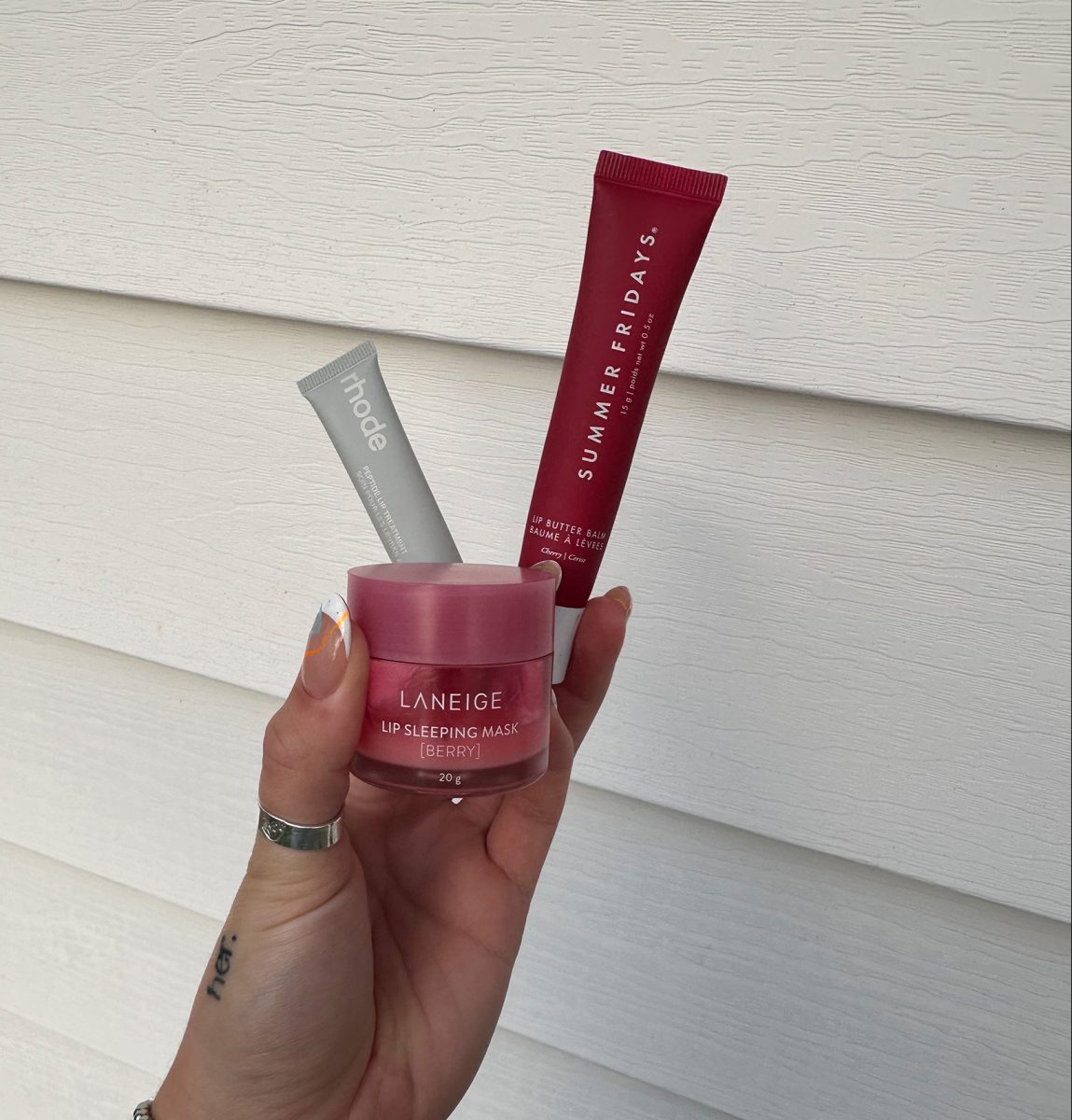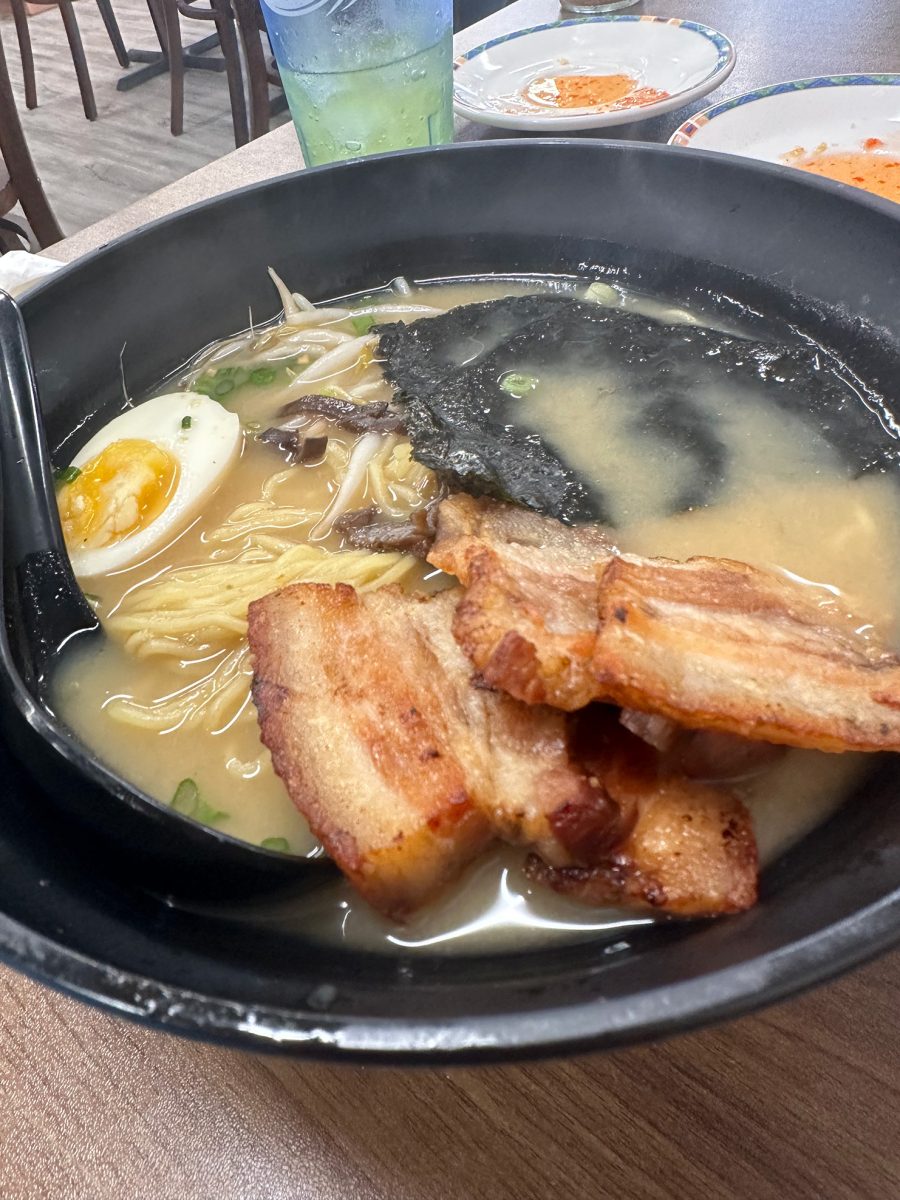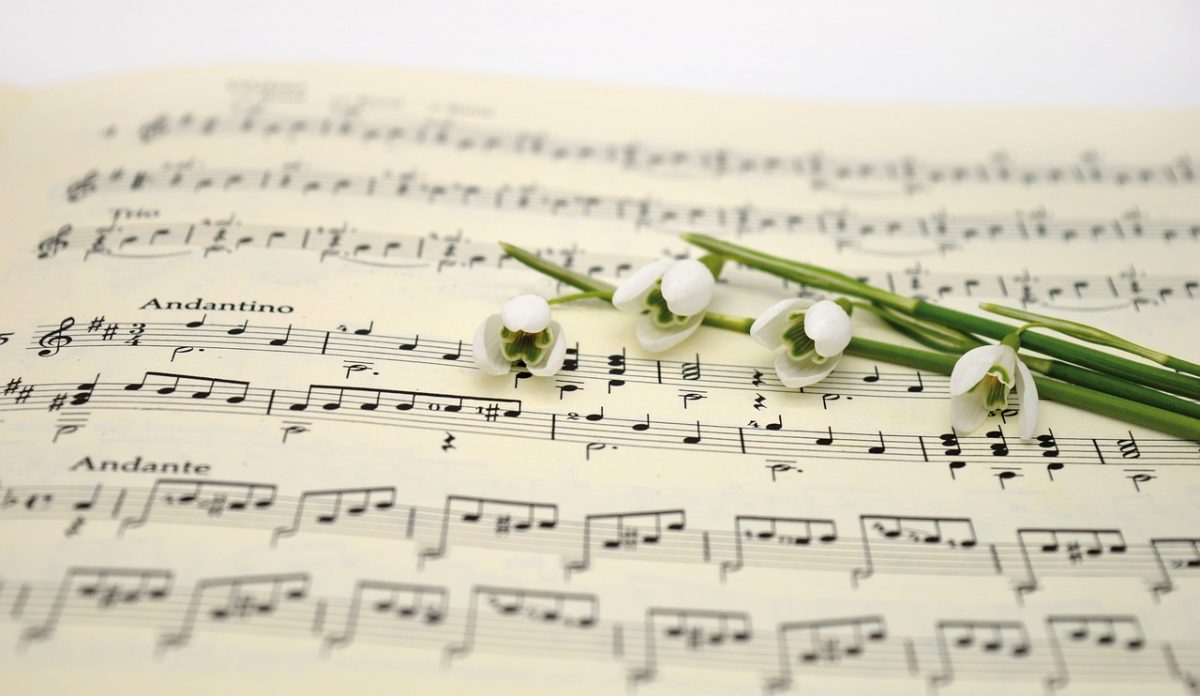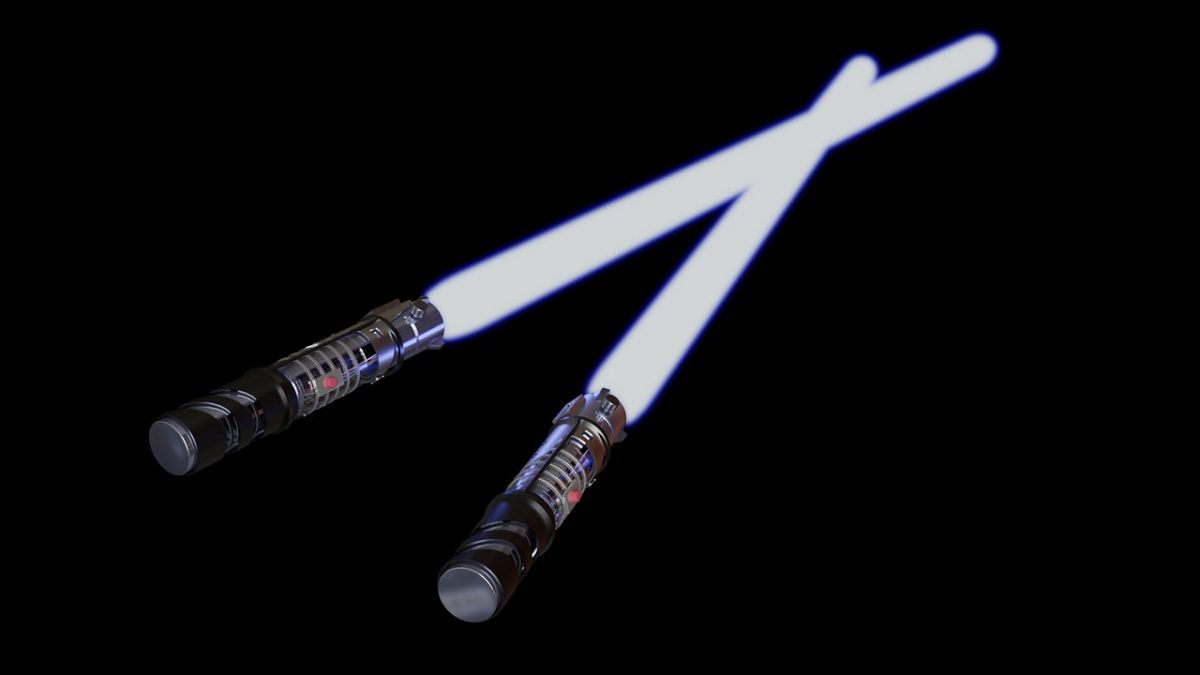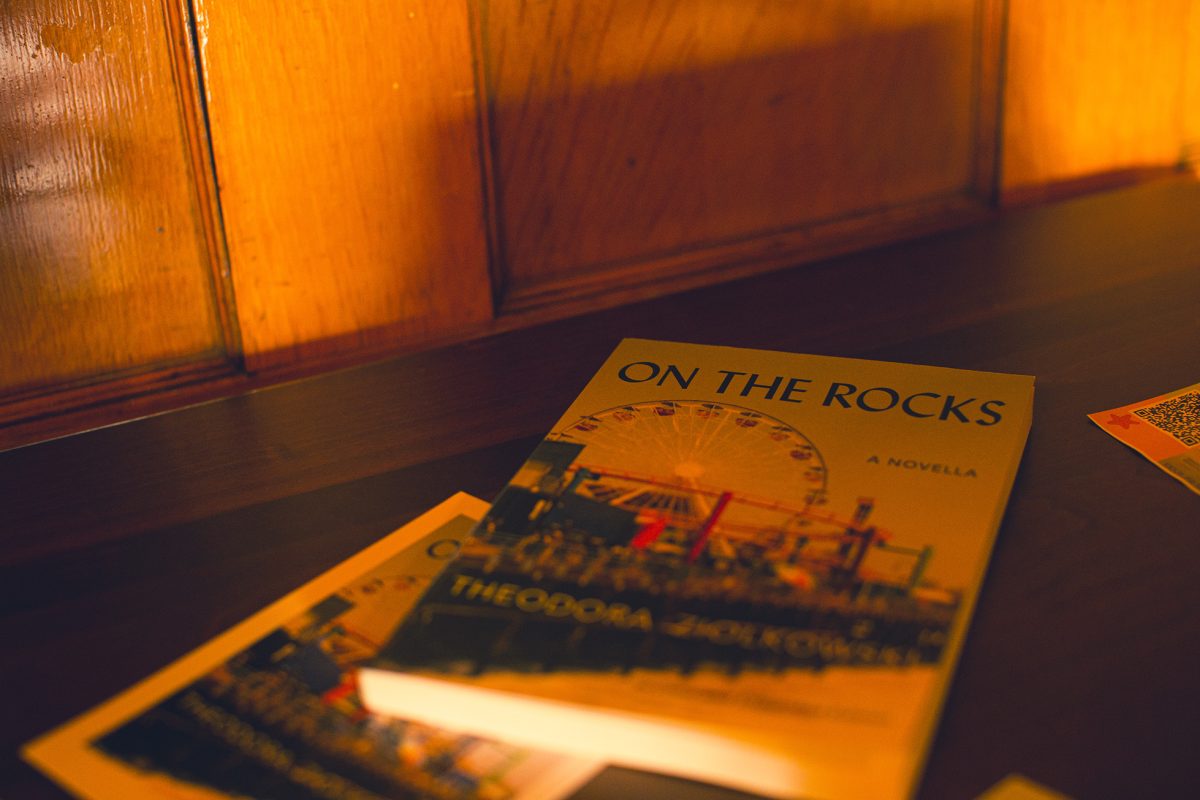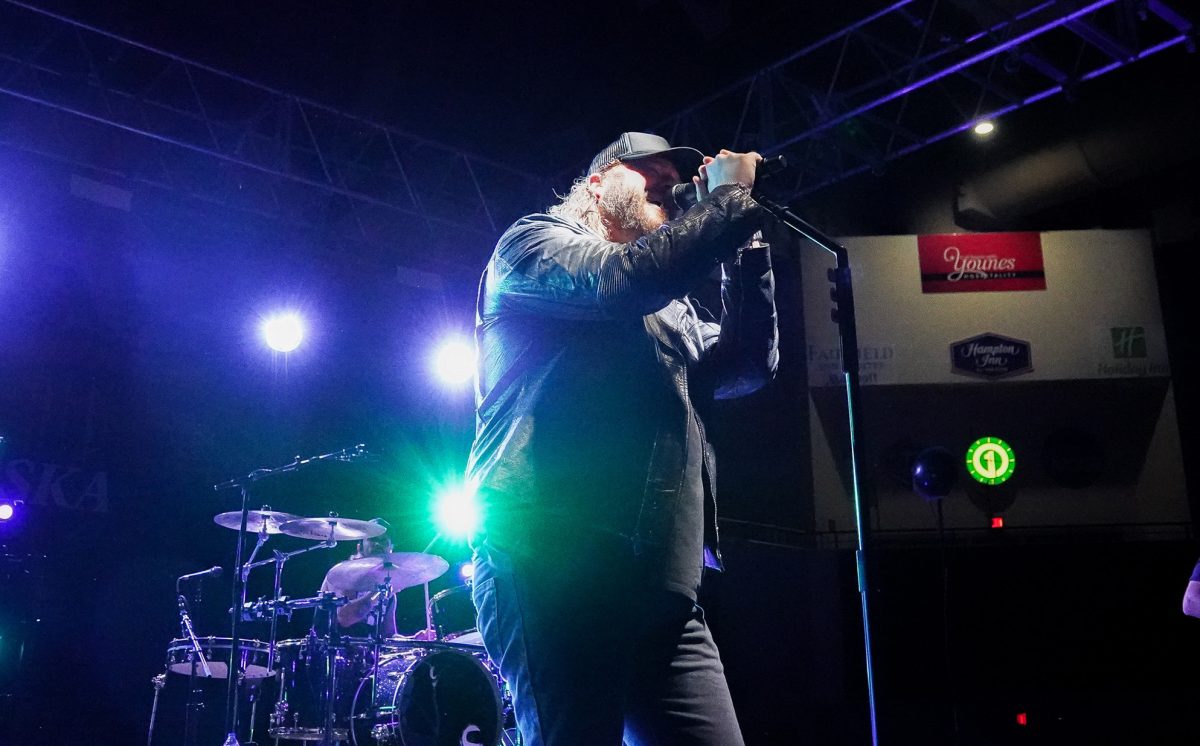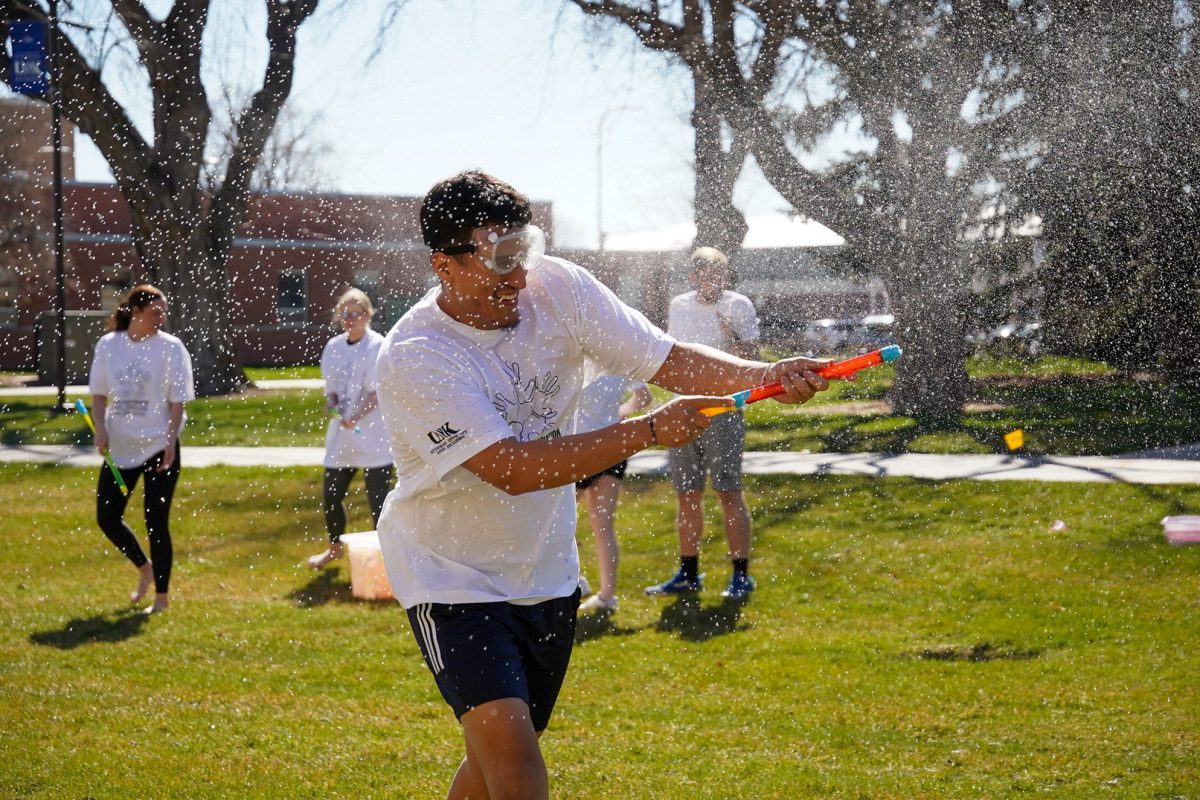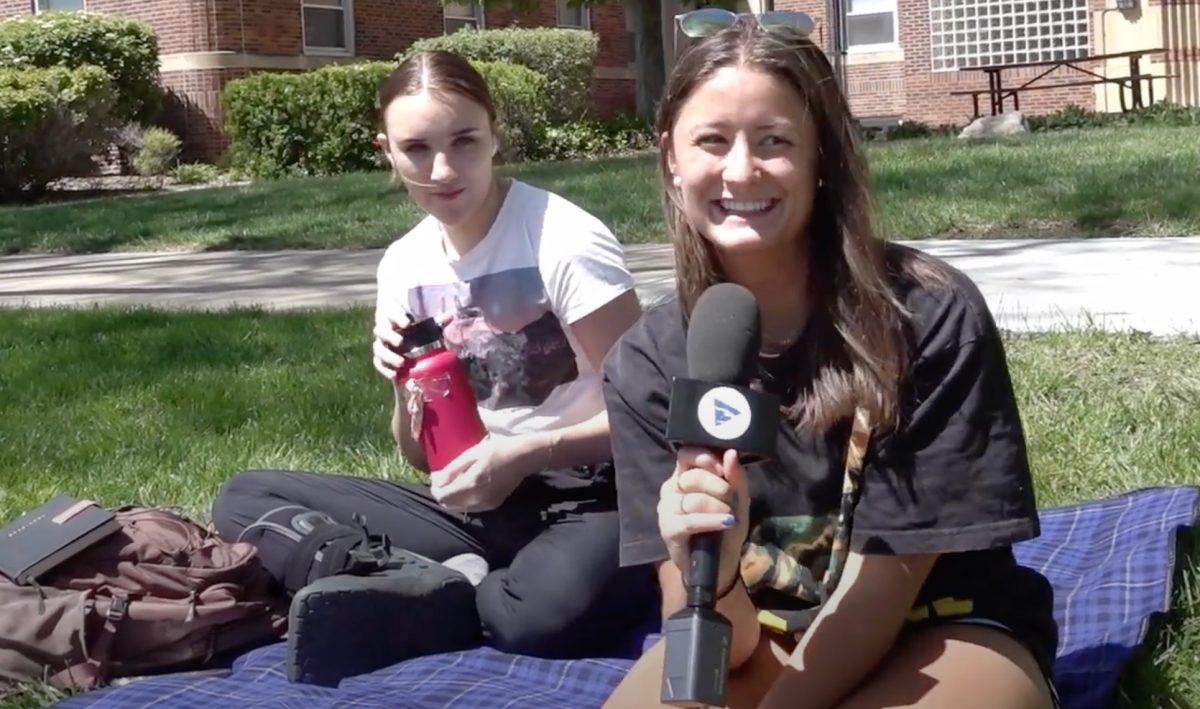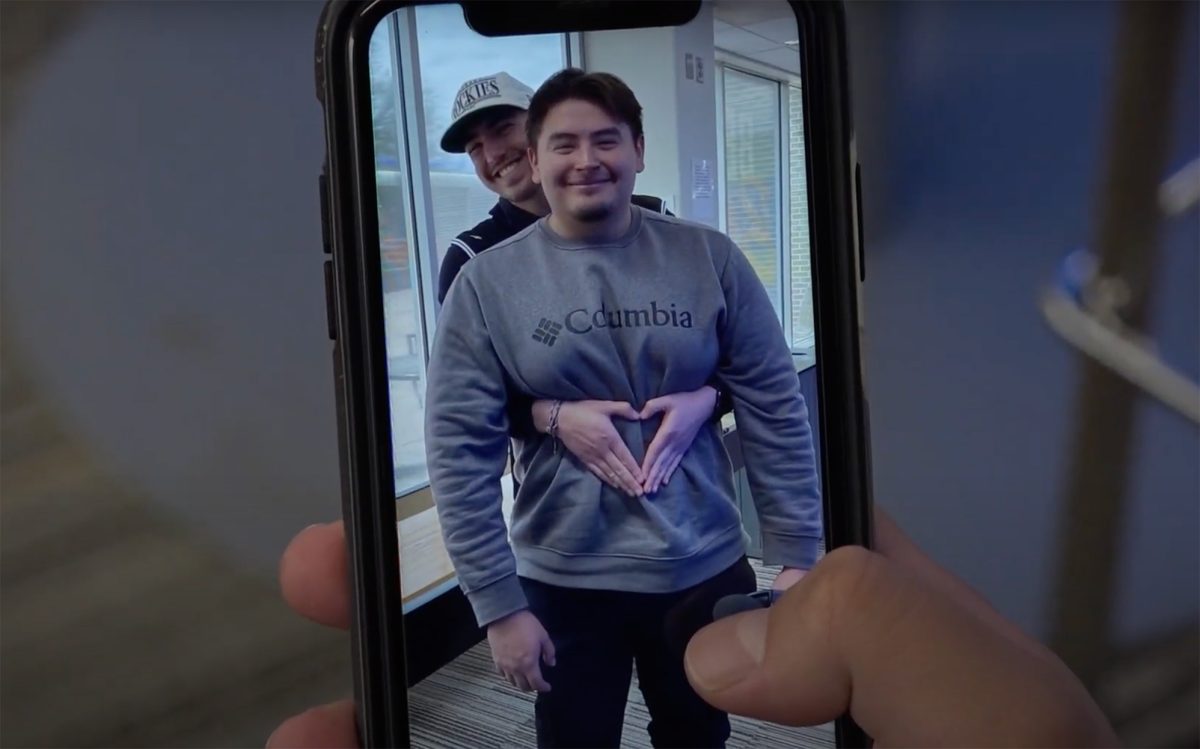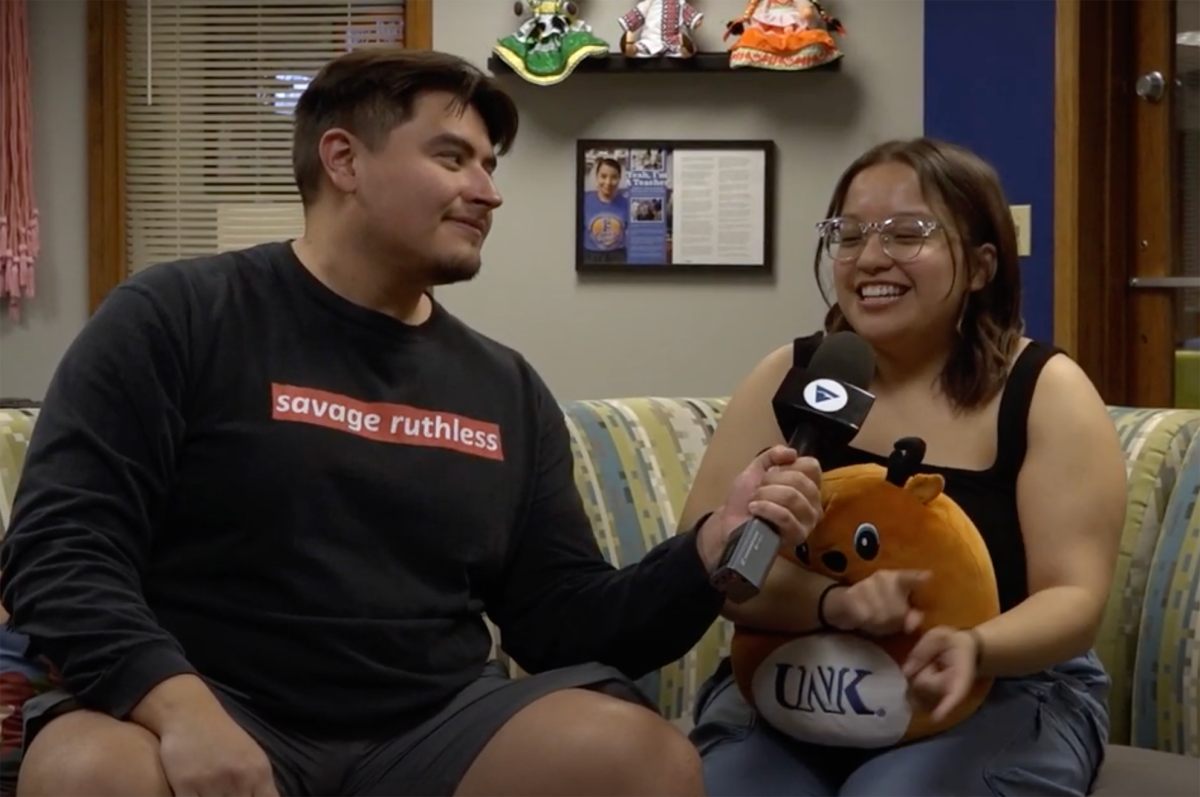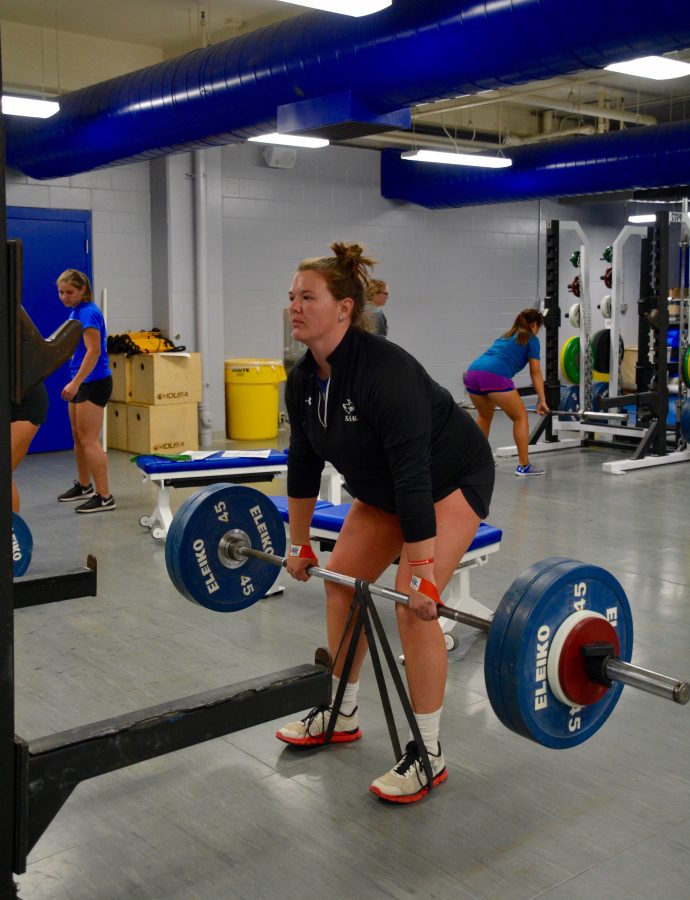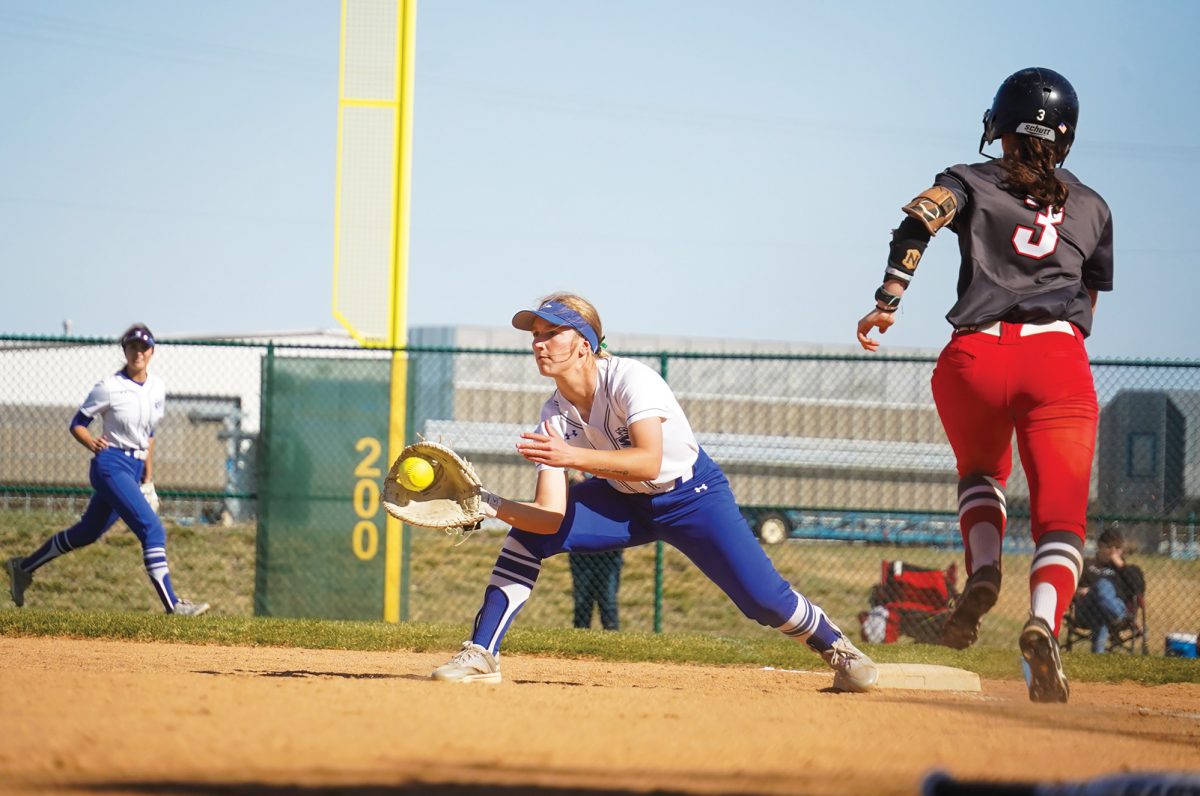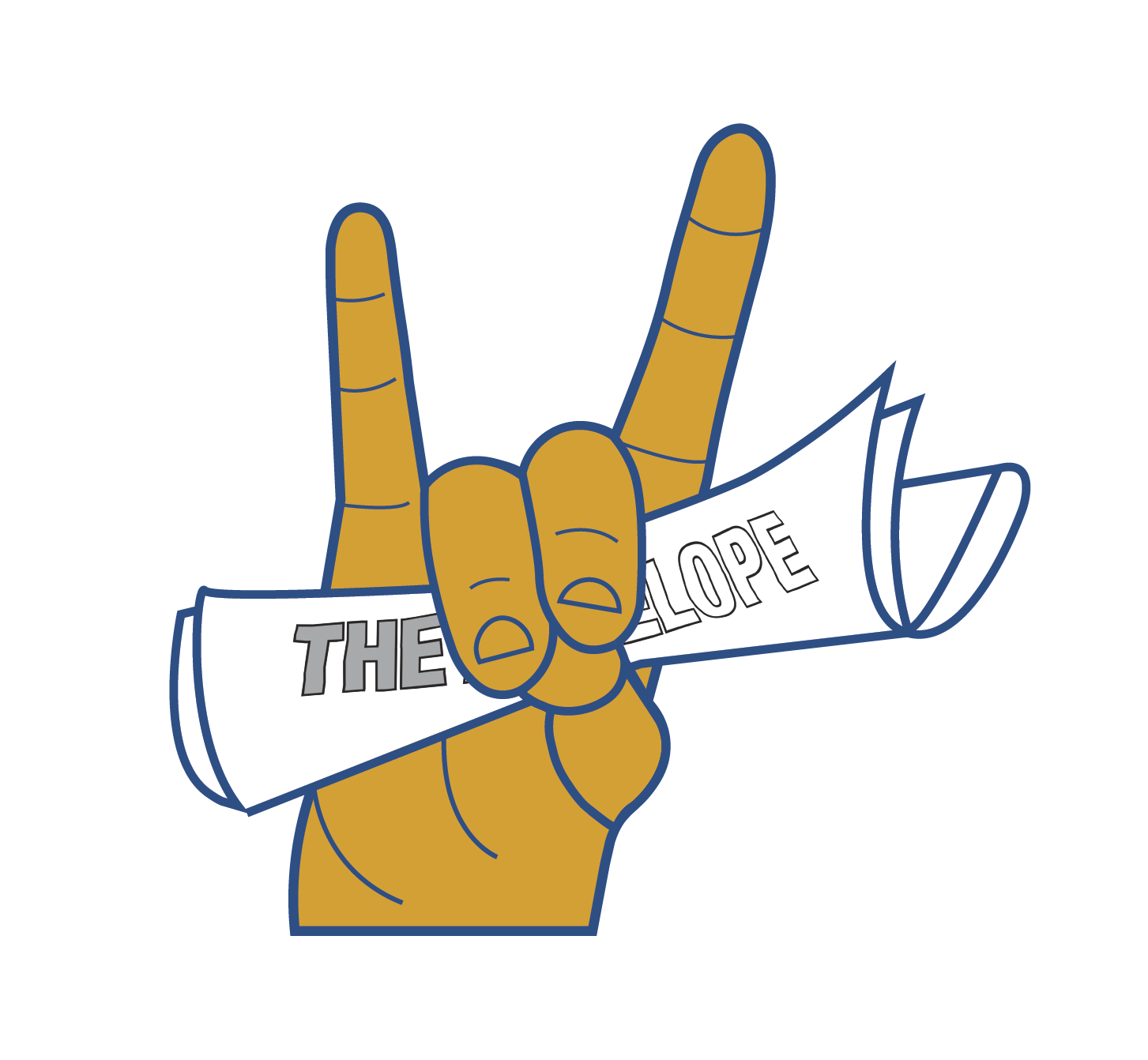SAAC members promote a positive student-athlete image on campus
Lindsey Smith
Antelope Staff
Whether you are a college student, an athlete or both, it is important to have a voice. This was the idea the NCAA had in mind when creating SAAC.
The Student-Athlete Advisory Committee, or better known as SAAC, was founded in 1989 by the National Collegiate Athletic Association when they saw a need to generate a student-athlete voice within the NCAA structure.
However, this only gave a select few the chance to make a difference as only one student-athlete was allotted per conference to represent and attend meetings to give direct input on the governance structure of NCAA legislation. The NCAA sought out to create more opportunites for student-athletes to be involved in the legislature by founding campus SAAC organizations in 1997.
The mission of SAAC at both the national and campus levels is to enhance the total student-athlete experience by promoting opportunity, protecting student-athlete welfare and fostering a positive student-athlete image. Each committee is made up of student-athletes assembled to provide insight on the student-athlete experience and offer input on the rules, regulations and policies that affect student-athletes’ lives on campus.
UNK is one of many universities that have a campus SAAC organization. The organization is committed to giving UNK’s athletes a voice and promote positive changes on campus. There are about 80 members in SAAC as representatives of each of the 17 Loper sports teams.
SAAC is manned by president, Holly Bower, a senior exercise science major from Nelson, vice president, Tanner Barth, a sophomore education major from Utica, and faculty advisor Rachel Page.
Bower, a thrower for the women’s UNK track and field squad, states the benefits of having a campus SAAC: “We get a voice in the rules that affect recruiting, practices and competition in the years to come. One of the first things we do each year is vote on the legislative grids proposed by the NCAA. We also benefit campus by serving as representatives of the entire athletic community as we are able to communicate and resolve issues through administration to enhance the student-athlete experience.”
SAAC takes on a variety of duties, but Bower assures that they have a lot of fun doing it, “Some of the more fun things we do for student-athletes are supplying a free meal on National Student-Athlete Day and putting together an athletic banquet called ‘The Louie’s’ at the end of the year.”
SAAC provides an atmosphere for student-athletes to make a different, both in the NCAA and in their community. Last year, UNK’s SAAC partnered with Make-A-Wish as their charity and was successful as all 17 teams contributed to the donation.
Barth, a thrower for men’s UNK track and field, says monthly SAAC meetings usually consist of updates from each team on how their respective seasons are going. “We talk about rules and regulations that the MIAA is putting in or considering implementing, and then we brainstorm and organize community involvement ideas or charity services we may be able to get involved with.”
Campus SAAC’s strive to provide a sense of community within the athletic program by involving all athletic teams and promoting communication between the athletic department administrators, coaches and student-athletes. Members of SAAC are looking to make a difference on campus and in their community.
Page, the assistant athletic director and compliance officer for the UNK athletic department, believes SAAC is vital to UNK and the community, “SAAC members are the leaders of UNK athletics and represent the student-athletes as a whole. SAAC has made positive changes on our campus, they volunteer and serve the community, they raise money for charity, support each other, and they work hard in the classroom,” Page said.

